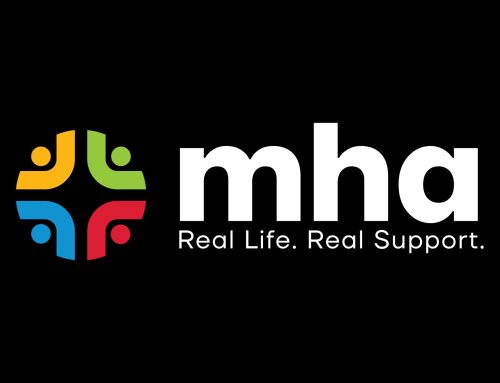Thoughts on Procrastinating
by Sara Kendall, MSW, LICSW, Vice President of Clinical Operations for MHA
Didn’t it feel great to put 2020 behind us and welcome 2021? With a new year before us, perhaps you made a few New Year’s resolutions. It’s good to set some concrete goals for yourself for the future, especially after the unprecedented problems that 2020 dropped on people, organizations and communities around the world. But perhaps it’s taking you a while to actually get around to keeping your New Year’s resolutions. Perhaps you are procrastinating.
To procrastinate is to put something off, whether by intent or out of habit. Procrastinating can manifest itself in lots of ways, such as putting off working on a paper until the night before it’s due, or putting off getting ready to leave the house until just minutes before it’s time to go. For some folks, procrastinating may seem to provide a short term gain by avoiding what needs to be done, but the protracted stress that results removes the temporary gain. We may prefer to avoid certain tasks because taking action will cause us a certain amount of “pain.” It’s not necessarily physical pain we’re trying to avoid (it’s more just an unpleasant feeling), but it’s important to move beyond that notion of pain so we can move ahead with what we want or need to accomplish.
So what things do you want to accomplish in 2021? Given the forced social isolation of the past year, the desire to reconnect with family and friends is carrying added weight for many people. Some may want to make a New Year’s resolution to reconnect with an estranged family member, but they’re putting it off. Why? There are likely elements of fear at work. It could be fear of the unknown, or fear of facing some harsh truths, or maybe fear that the other person doesn’t want to reconnect.
For folks facing mental health concerns, substance use, depression or co-occurring conditions, procrastinating has a way of feeding off anxiety. For example, negative self-talk (“I don’t know what I’m doing” or “No one’s going to want to read what I have to say”) can motivate people to put things off. This can build anxiety to the point that the thought of undertaking a project is more stressful than the project itself!
To get beyond such stress and anxiety may require building self-compassion, and a good way to make progress in that direction is to start talking. Rather than sitting alone in that fear or negativity, reach out to a friend, family member, or other trusted person and start a conversation. MHA offers ways for people to connect with a licensed counselor, either in person or virtually. A call to 844-MHA-HELP can get things started.
If you want some ideas to help you stop procrastinating, here are some to try:
1. Focus. Create a “Procrastination To-Do List” with only the items you’ve been putting off.
2. Start small. You can get intimidated and discouraged by difficult tasks, so start with a small task to warm up for the larger ones.
3. Break larger tasks into chunks. Focus on one moving part at a time, rather than the whole machine.
4. Organize tasks with the end result in mind. What can be accomplished now (short term) that will help you make progress toward your goals (long term)?
5. Put it out there. Let family, friends or colleagues know what you want to accomplish so they can provide positive encouragement and hold you accountable to achieving your goals.
6. Remind yourself of your motivation. Are you working towards pleasure and satisfaction, or away from pain and disappointment?
7. Ask for help. Does everything on your list need to be done by you alone? If you need help, ask!
8. Reward yourself for accomplishing goals. It’s great to celebrate your personal victories over procrastinating, so don’t put if off.
The arrival of 2021 is a great opportunity to approach yourself with a fresh start, renewed energy and focused enthusiasm. It’s also a chance to stop procrastinating and start checking those New Year’s resolutions off your list. Let’s get started….What are you waiting for?





